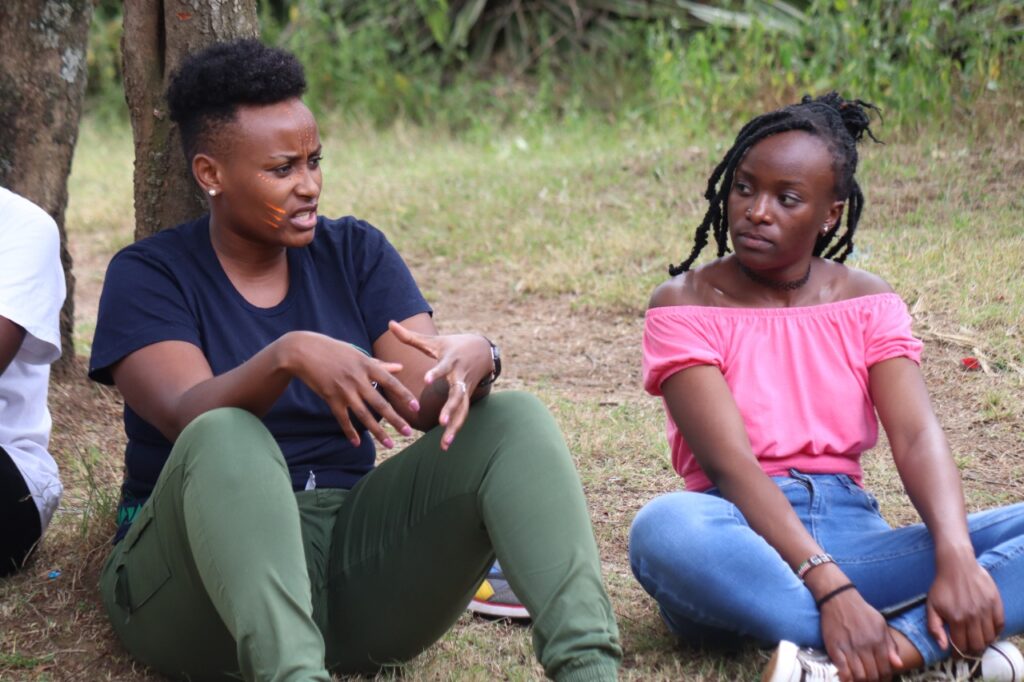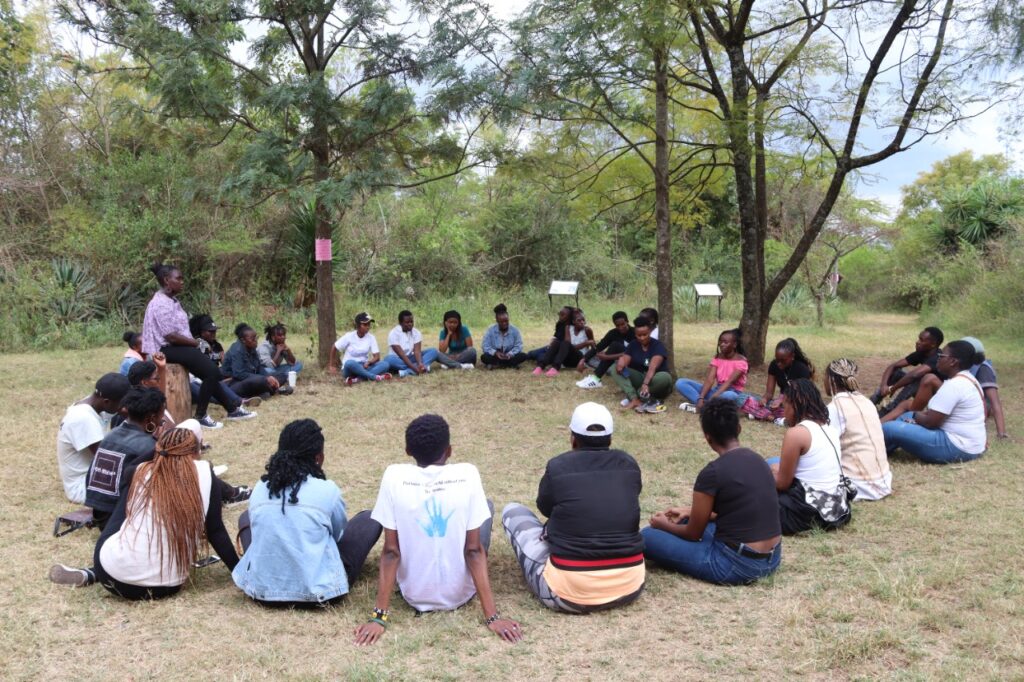About Us
Our Story
Our Story
Haven of Dreams
The current situation
In Kenya, the Ministry of Health estimates that one in every four Kenyans (about 11.5 million people) lives with a mental health condition. Trauma is also a common thing that affects individuals.
Intergenerational trauma- trauma that is passed from one generation to another is something that affects individuals unconsciously and affects the quality of life. In Kenya, intergenerational trauma passed from grandparents to children manifest and adversely affects the quality of life.
The grandparents who experienced colonialism, emergency period, poverty, oppression, sexual violence, and family separation affected their children through dysregulated and repressed oppression emotions, physical and emotional abuse at home, school, and work, immigration, alcoholism, election violence, and inconsistent and absent parents. The child then goes through anxiety, escapism, approval seeking, detached and unhappiness, and self-betrayal.
The impacts of intergenerational trauma have affected the quality of life including teenage pregnancies, gender-based violence, and degraded lives.
Bridging the Gap
Not understanding why some patterns keep flowing from one generation to another can be frustrating. It can be overwhelming wanting to change patterns but not knowing how to start. But it is possible to stay in the familiar because that is what we know best. Haven of Dreams then focuses on two major areas, mental health, and adolescent and youth empowerment.
Mental health is key is linked to empowerment. We focus on helping individuals understand the black-and-white family patterns as well as offer adolescent and youth empowerment.

Our Model
Direct service, policy advocacy, and outreach are the organization’s focus areas. A play therapy center that is holistic working with all the members of the basic unit of families. Play therapy is a form of therapy where individuals who might struggle with expressing themselves or their emotions express themselves through play. Its uniqueness as it provides a safe space for the inner child in us. There is evidence that play therapy improves social and emotional skills, self-awareness, self-regulation, empathy, communication, and the recovery process after trauma.
Sports, play, art, and bibliotherapy are the strategies that we use in our community engagement. Our target group is the community of practice, children, adolescents, young people, families, adults, caregivers, providers, and users

